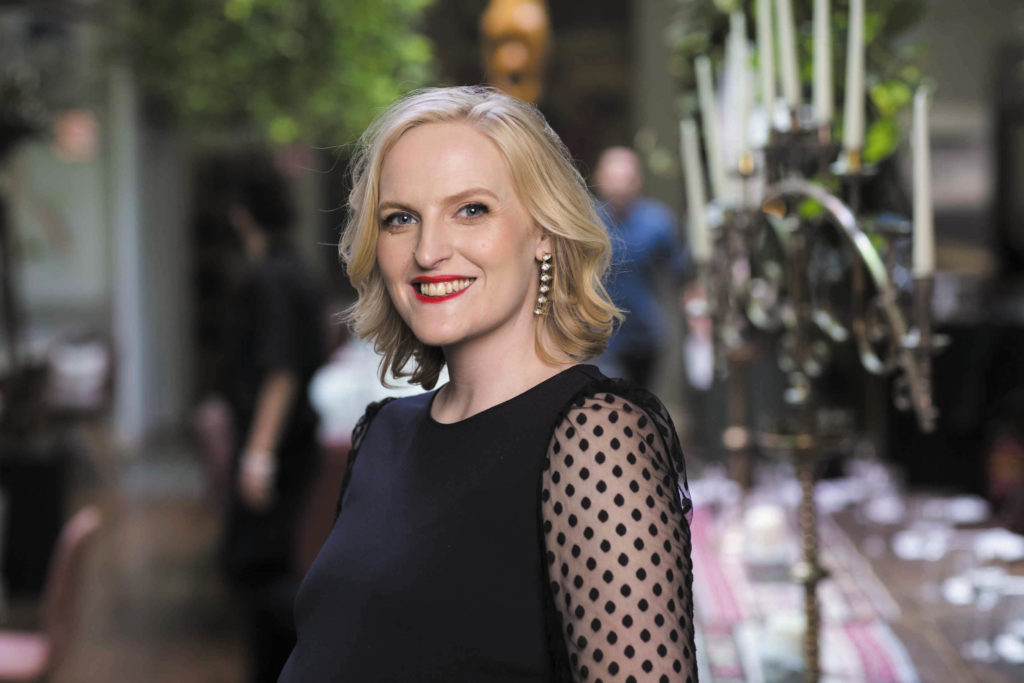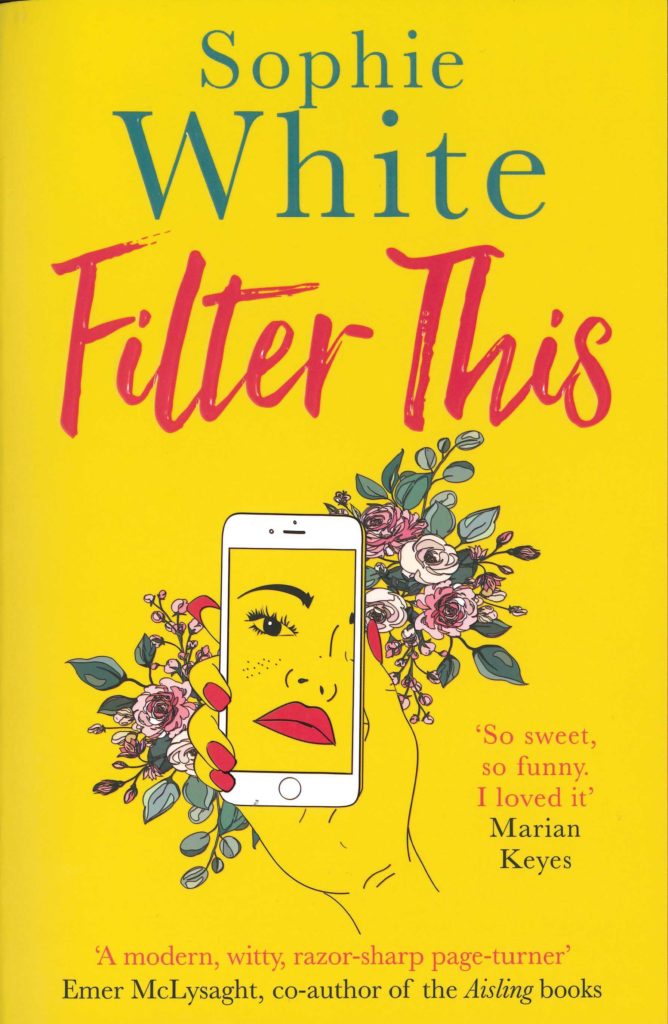Sideshow of perfection?

Writing a novel about Instagram was not without its pitfalls, not least the fact that every time I opened the app to ‘fact-check’ something, I was invariably sucked down an Insta-hole of distraction for hours on end. It is truly miraculous I finished the damn thing.
I first hit on the idea to write a story set in the world of Instagram when my dad died and after the dust settled (little cremation humour for you there) I realised I had to make a somewhat awkward return to social media. I didn’t have a big following, my Instagram is more like an online diary than anything, but still I’d never spoken on my page about my dad’s illness so it felt weird to mention it. Eventually I put up a picture of a rice bowl, made reference to ‘living my best life’ (very Insta) and moved on.
It did, however, make me think a lot about the real lives of the Insta-Famous and how they navigate this strange territory between their real life and performing a perfect version of their real life for Instagram. I’m fascinated by the online influencer scene and with Filter This I wanted to explore the anxiety that comes with living a filtered version of our lives online, to question what’s driving our need for ‘likes’ and show how the perfect square (filtered and facetuned to oblivion) often belies real suffering. In the book, between #ootd posts and smiling selfies, Ali and Shelly are coping through grief, falling in love, mental illness, loneliness and destructive ambition—yet sharing a pretty picture every step of the way.
We are the generation of sharers, divulgers and confessors. The watched and the watchers. Yet for all the scrolling Stories, what are the stories we’re not telling? When we’re performing and editing our lives, we are becoming double agents. Add commerce to the equation and suddenly there is this expectation to deliver, if not all-out perfection, then at least good ‘content’. Influencers are under pressure to pander to their vast audience, and, yes, the fabulous holidays and #spon outfits look nice but, as Dan, Shelly’s husband asks in the book, what happens to you when you’re playing the part of yourself in this ‘sideshow of perfection’? Is the pressure to live their best lives online corrupting their real ones?
While lots of influencers are striving to buck the trend for Insta-perfection, even when we are being honest and sincere on social media, the presence of an audience inevitably makes it feel as though we are performing authenticity. It can all get very meta very quick on Instagram. When I first joined I was often struck by the hilariously contradictory nature of some posts. I’d see wellness influencers filming their meditations and posting them to Insta with hashtags like #Unplug—though, I suppose, if a wellness blogger meditates and doesn’t upload it to Instagram, did it even happen?
While Filter This deals with some difficult subjects, I knew I wanted to mine the comedic side of Insta. It’s a scene too ridiculous to parody. Often during writing the book, I’d question if I was being too outrageous with some of the OTT elements of the Insta mores but then I’d read about another influencer pulling some ludicrous stunt. Recently, fashion influencer Marissa Casey Fuchs put her elaborate 48-hour-long ‘surprise’ holiday scavenger hunt engagement out to tender among New York marketing agencies, offering them the chance to ‘align with this momentous occasion and the beautiful cities she will be visiting along the way’. It got to be a running joke, I’d come up with something I believed to be utterly bonkers only for it to have happened already in real life. At the end of the day, when you’ve got people like wellness blogger Belle Gibson faking cancer, I guess there’s really no baseline of sanity there!
In exploring how Instagram drives people to lie and fake their way to Insta-success, I realised what a dangerously pleasant bubble it is in which to exist. The likes, follows and comments are verging on narcotic, an anaesthetic to the hurt and disappointment, the grief and loneliness of existence. On Instagram—regardless of reality—you can erase the bad stuff, you can be the best you and your life can be your best life: that is scarily attractive and addictive.
Having said all that, I do love Instagram. The activist side of the app has been instrumental in getting our generation engaged with political issues. I feel it can be a powerful space to be creative and it is full of brilliant people, women in particular, creating thought-provoking content. Plus it’s so damn pretty. I think, however, as with so many things technology-wise these days, we’re all a bit like toddlers trying to get a handle on this thing. Our kids will look back at our social media presence, at all our #tbts and #aboutlastnights and probably be mortified on our behalf! Or suing us for publishing their baby pictures!
Sophie White’s debut novel Filter This is published by Hachette Ireland.












